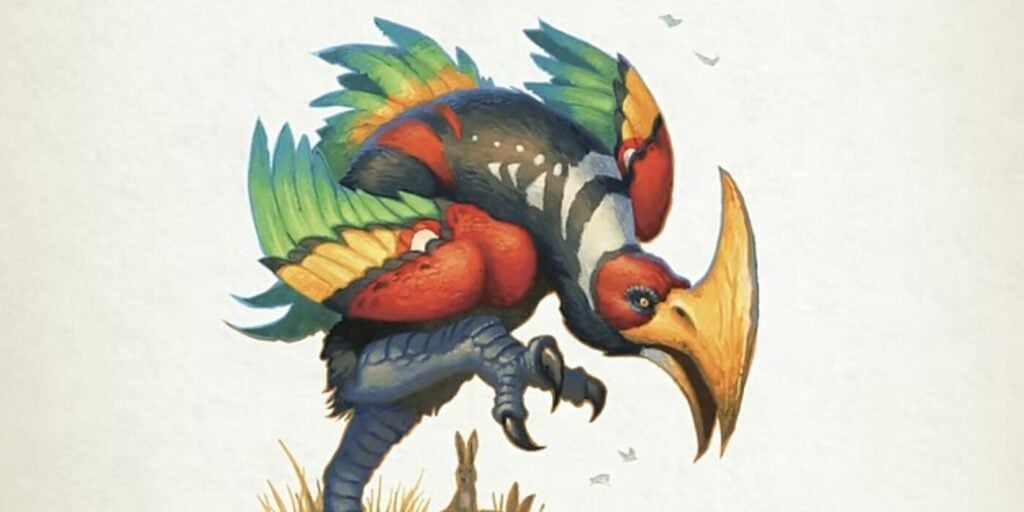D&D: Five Things To Think About When Planning A Campaign
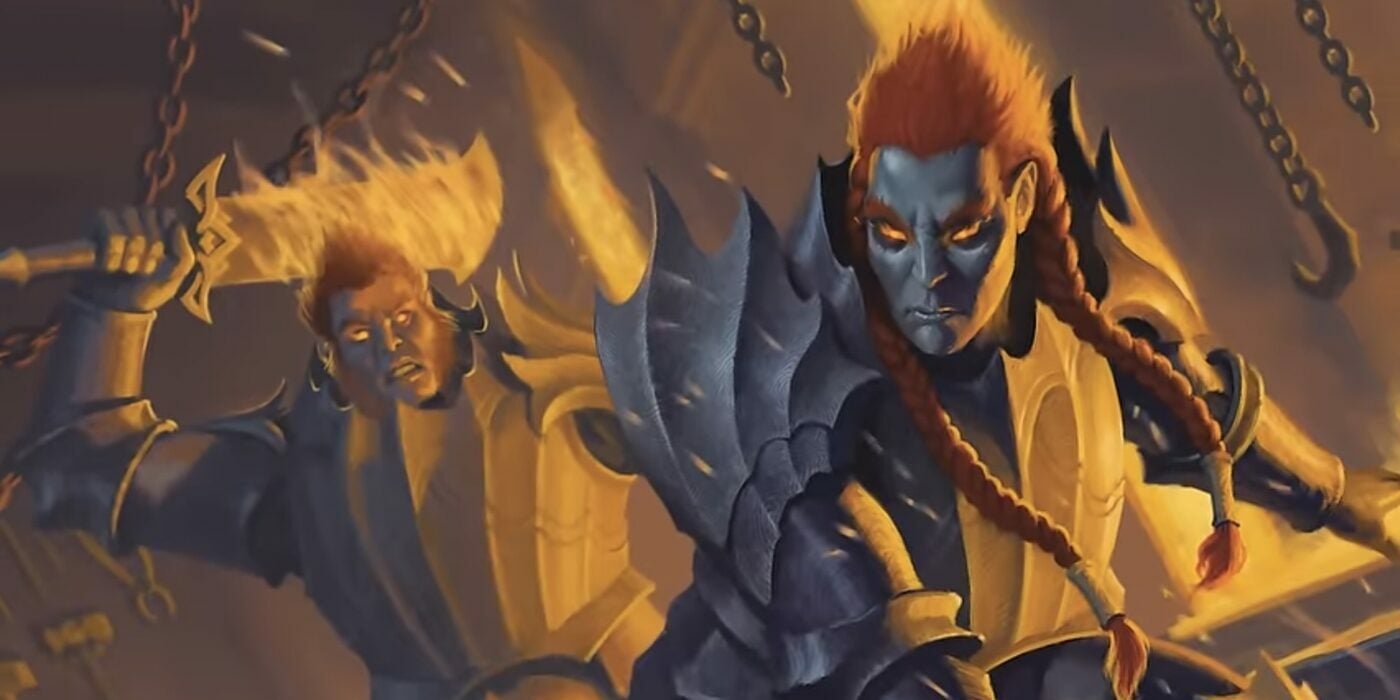
Planning a new D&D campaign? It’s an ordeal—and some of the most fun a DM can have. Here are five things to keep in mind.
Listen, when you’re planning a campaign, you’re doing the work of a thousand different weird little professions all at once. You’re curating an experience like a cruise director, you’re crafting a narrative, you’re creating little guys, perhaps even the whole world. There are so many details to get lost in the sauce with—that’s half the fun of making a campaign.
But it can also be overwhelming. So here are five important things to think about when making a campaign. It won’t necessarily mean your campaign is “good” or whatever—these are solely to make it a little easier on you, the DM, who is out there trying to make sure that everyone knows they’re going to have a good time (at least until someone has a baby and/or moves halfway across the country to start a new job and you never play with or see each other ever again).
Where Do You Begin?
As Princess Irulan Corinno observes in the very beginning of Dune, “a beginning is a very delicate time.” Doubly so when it comes to the start of an RPG campaign. Because this is the moment where the inchoate possibilities, where all the ideas you’ve cooked up in your head, where the players’ visions for their characters, where the group’s idea of how it might all be different this time crashes headlong into the cold harshness of existence.
In much the same way that the second you start trying to take something from your mind where it exists and is perfect, 12/10 no notes, and translate it into something else another person might understand, you start to lose the fine details, so too does it go when the ideas come together to make a soup.
But with a good beginning, you can have a stew that is more than the sum of its ingredients. It’s all a question of what you want to have at the beginning. This is the time when it is most important to think about themes and tone and all the real heady stuff—and then look for ways to work them in. It’s helpful to know things like where are you starting; are the characters already heroes? Are they peasants about to awaken to a life of adventure?
What is the moment before in the lives of the characters—and why are we focusing on them? Yes, ultimately the answer is because this is who showed up to play the game; but when you try and find an answer that makes sense in the world, that’s where fun narrative stuff emerges.
And when you know the feel you want to shoot for at the start of your campaign, you have somewhere to jump off from. After that, it’s kind of up to the dice and the group. It’s hard to catch lightning in a bottle, but a good beginning can set you up for success.
Where Do You End?
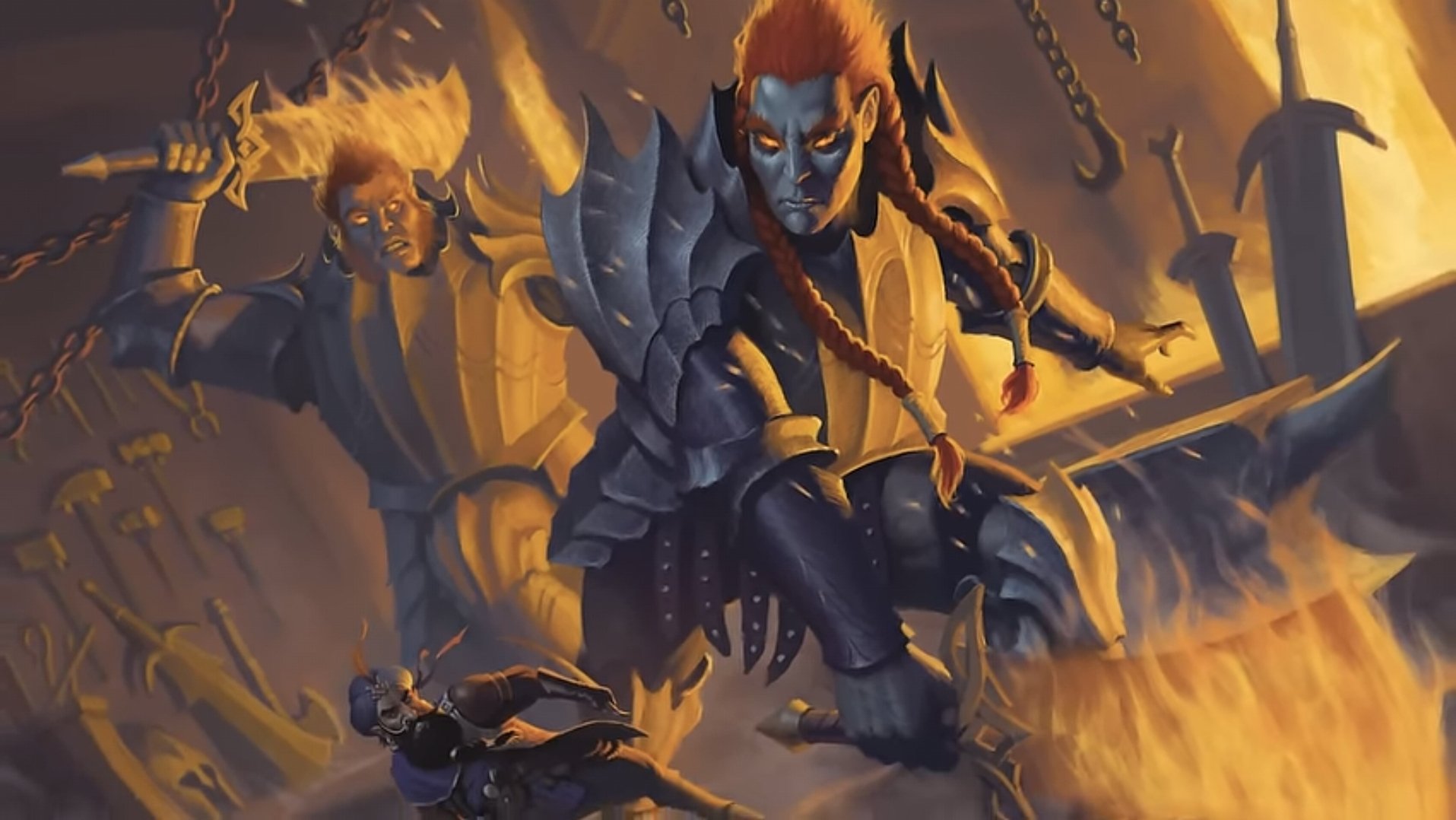
Just as important as the beginning is the end. Now, don’t take this to mean you have to have the ending of your campaign planned out down to the last detail. Campaigns can and, in my opinion, should surprise everyone at the table. The world should grow and feel organic and like the story develops from play.
But, it helps to have an idea of where you’re going. Maybe don’t plan for the final confrontation or the like, but have an idea of what you might like to see happen. Maybe you have it in your head that a lich comes back from an ancient imprisonment and the party has an epic showdown with him—great now you have a goalpost to follow.
Or maybe you know that the warring kingdoms are fractured and vulnerable when an even more nefarious force appears and threatens the world. Or maybe it’s just “they finally get that mind flayer who’s been eating the brains of their friends.” Whatever the idea is, having a few goals in mind that the party will pursue can help give you a direction when you’re unsure of where to go next. Just don’t be afraid to be flexible.
What Kinds Of Fun Do Your Players Want To Have?
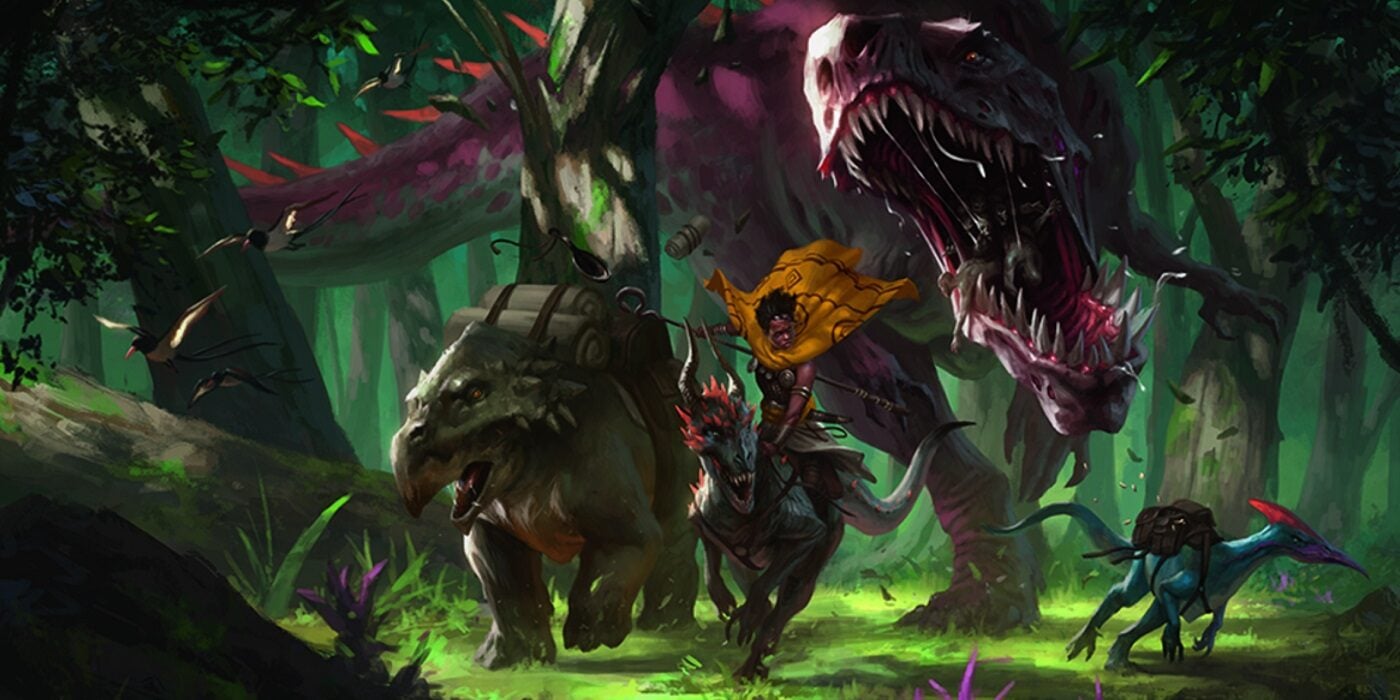
Another super important consideration is what do your players think is fun? This is a question that you can ask at a Session Zero type event, where you talk with folks to figure out what they’re interested. But it’s also one to keep in mind over the course of your play. What do you see the players reacting to?
What seems to light everyone up? Is it epic battles? NPCs with weird little personalities? Doing sidequests that take you into cool mini-genre areas of the game? There’s a lot of different ways to have fun with D&D, and no one thing is the right answer. But keep in mind what feels fun for the group and you’ll have a memorable campaign.
What Kind of Fun Do YOU Want to Have?
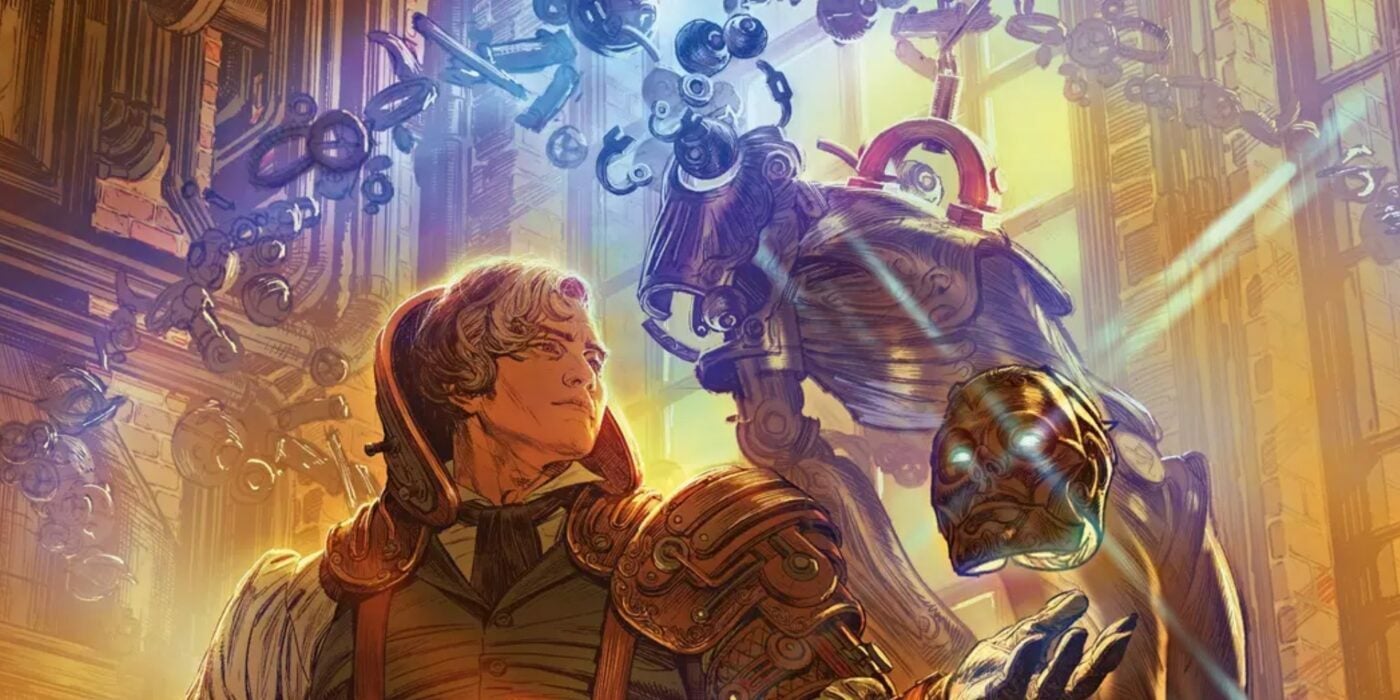
Just as important is keeping in mind what YOU, the DM, finds fun. Maybe you love getting lost in the weeds of the details of your world—or maybe you like planning out complex encounters. Whatever it is, the whole point is that D&D should be fun for everyone.
As the DM, you’re the one having to do the most work. I’m not saying that the campaign has to be exclusively about what you enjoy. But like, if you know you have a good time whenever there are cultists and eldritch weirdness around, don’t be afraid to sprinkle some of that in.
What Makes You Excited About This Campaign
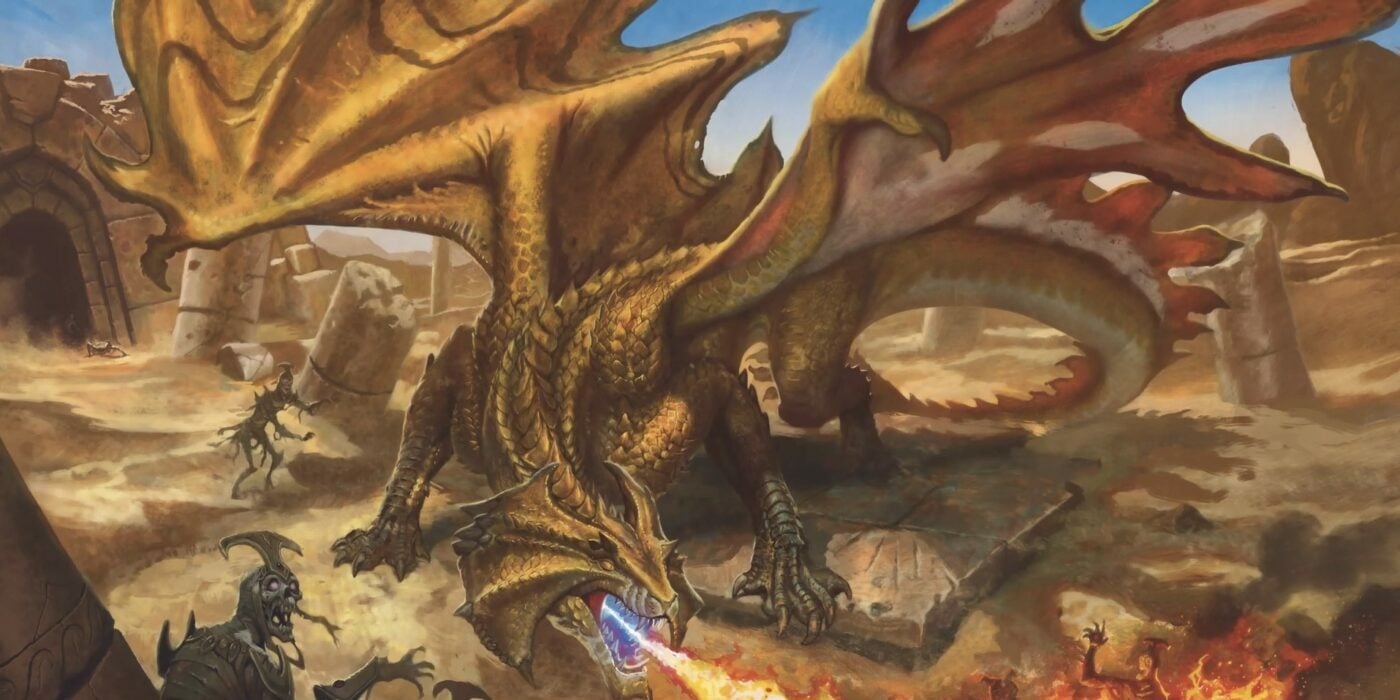
But even more important than what you find fun. More important than what the players enjoy. More important than basically any aspect of campaign planning, is what about the campaign excites you. After all, being a DM means doing a lot of work. Why do it if you’re not excited?
The best times come about when the DM is excited to be there with the rest of the group. And it’s not always about being excited about “your story”—it’s easy to think “hey what makes me excited” and then get lost in ego, and that never ends well. But I mean, what sparks your passion for playing with your friends.
What keeps you thinking about the game in the hours when you’re not playing at the table together? When you can find that, you’ll be an unstoppable DM.
Happy adventuring!





